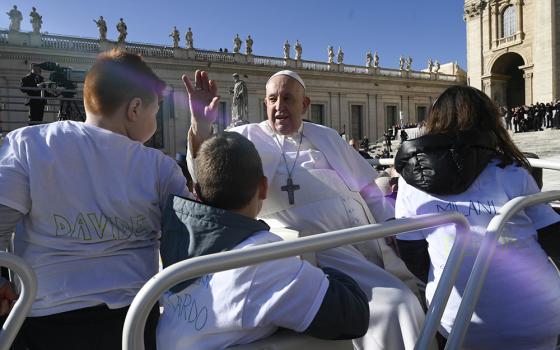Christian Smith, who teaches sociology at the Univeristy of Notre Dame, has just published a new book that is sure to cause a furor. The Sacred Project of American Sociology will not only anger many sociologists in the U.S., which Smith foresees, but the books implications for the current state of much of liberal education are obvious and it will, hopefully, cause a dust-up beyond the sociology departments of the nation’s campuses.
Smith uses the term “sacred” in its classic Durkheimian sense: “things that are set apart from the profane and forbidden to be violated.” He explains that by “project” he means “a complex, purposive endeavor requiring concerted effort sustained over time to mobilize, coordinate, and deploy resources of different kinds to achieve a desired but challenging goal.” And, by sociology, he means the professional craft, located mostly in the academy and its ancillary institutions such as publishing houses and professional associations. He allows that not all sociologists are committed to the sacred project but, then in the first display of his rapier wit, writes: “I am not claiming that each and every American sociologist is committed to the spiritual project I describe below. Many are, but some are not. Yet some individual sociologists do not matter here, since, as sociologists well know, the collective power of dominant institutionalized sociocultural systems is much more important than this or that individual commitment and possible dissent in particular cases.” Ouch. And, before defining the sacred project, he notes that it is so taken for granted, many people have signed on for it without even acknowledging it, perhaps not even recognizing.
And what is this sacred project? Smith presents two definitions. The first is this:
We might start by saying that sociology is about something like exposing, protesting and ending through social movements, state regulations, and government programs all human inequality, oppression, exploitation, suffering, injustice, poverty, discrimination, exclusion, hierarchy, constraint and domination by, of, and over other humans (and perhaps animals and the environment).
Smith allows that this description is accurate but does not go deep enough. He adds a second definition:
American sociology as a collective enterprise is at heart committed to the visionary project of realizing the emancipation, equality, and moral affirmation of all human beings as autonomous, self-directing, individual agents (who should be) out to live their lives as they personally desire, by constructing their own favored identities, entering and exiting relationships as they choose, and equally enjoying the gratification of experiential material, and bodily pleasures.
Smith discerns different sources for this project, first and foremost western, liberal individualism, that we associate with John Locke, Adam Smith and John Stuart Mill, as well as the broader influence of what Smith calls the “(so-called) Enlightenment,” listing Kant, Voltaire and Comte as its foremost apostles. (I must say, at times, Smith dots his text with certain tropes I associate with reactionary thinkers – “(so-called) Enlightenment” – that distract from his argument and make one think he should have been drinking decaf. More seriously, I worry that one of the problems he is diagnosing with the modern academy is that critical thinkers like Smith have nowhere to turn to, and so they end up in bed with conservative thinkers who do not deserve the attention.) Smith recognizes the Marxist influence on contemporary sociology as well as the influence of American pragmatism and America’s “therapeutic outlook and culture.” And, the role of movements such as the civil rights movement and the LGBT movement have had a profound influence on modern sociology, as well as the poststructuralist and postmodernist intellectual climate of the modern academy. So, in short, there is a lot going on here, all of which Smith believes has sociology worshipping at the altar of a god it declines to admit or recognize.
Smith focuses precisely on sociology’s normative understanding of what a human being should be, its anthropology. It will not surprise regular readers of this column that no word gets my back up faster than “autonomous.” Smith rightly notes that there is a strangeness here, finding a commitment to autonomy among people who study society for living. But, he also neatly distinguishes autonomy from the sociology project’s commitment to the belief that human beings ought to be “self-directing” and the project’s consequent belief that “Solidarity, in short, is instrumental and contractual, not ontological and encumbering.” You can see how far this is from Catholic anthropology and here, as elsewhere in this highly readable book, one encounters a point that applies to other academic disciplines as well, many of which similarly suffer from unrecognized anthropological assumptions that should be nettlesome for all, and insuperable for a Catholic thinker.
Smith is a careful thinker, and the rest of the book’s statement of his thesis has essential caveats. Tomorrow, I will look at the evidence he provides to support his thesis.




